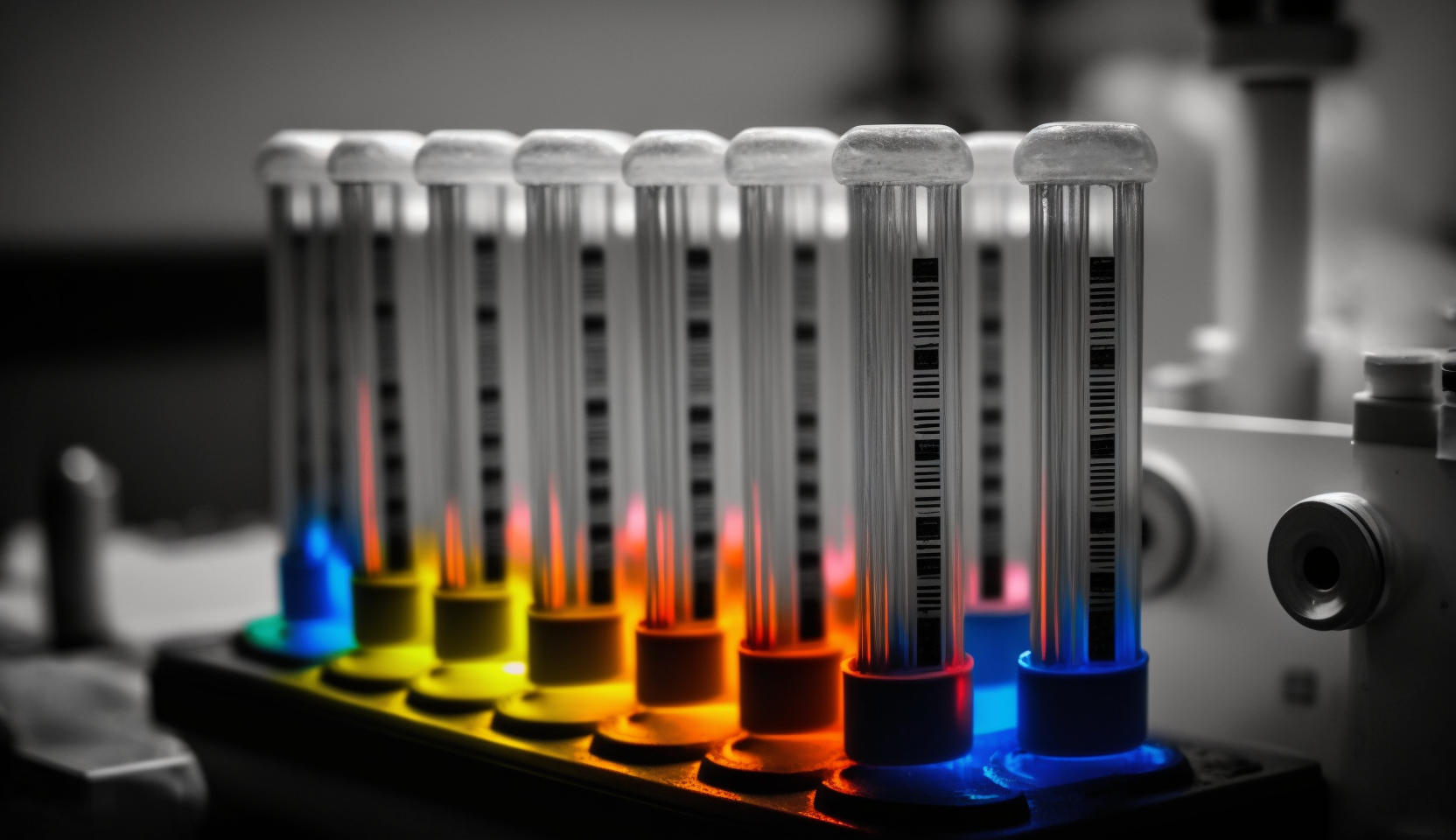PCTEL, a leading global provider of wireless technology solutions, announced last week that it has reached a definitive agreement to be acquired by Amphenol Corporation in an all-cash transaction valued at approximately $139.7 million.
Under the terms of the agreement, Amphenol will acquire all outstanding shares of PCTEL common stock for $7.00 per share. This offer price represents a premium of over 50% compared to PCTEL’s closing share price of $4.62 on October 13, 2023, the last full trading day before the deal was announced.
The acquisition will allow PCTEL to leverage Amphenol’s global presence, dedicated customer base, and scale to accelerate the growth of PCTEL’s business. Amphenol is one of the world’s largest providers of high-technology interconnect, sensor and antenna solutions.
PCTEL is seen as a clear innovation leader in wireless technology solutions, making it an excellent strategic fit within Amphenol’s portfolio. PCTEL’s capabilities in antennas and test and measurement will complement Amphenol’s strengths in interconnect and sensor technologies.
The deal has been approved by PCTEL’s Board of Directors and is expected to close either in Q4 2023 or early 2024, subject to shareholder approval and customary closing conditions. Once the acquisition is completed, PCTEL will no longer be a publicly traded company on the Nasdaq.
PCTEL provides purpose-built Industrial IoT devices, antenna systems, and test and measurement products to customers worldwide. The company has built trusted relationships through nearly 30 years of experience solving complex wireless challenges and helping organizations stay connected, transform and grow.
Amphenol has a diversified presence across high-growth segments including automotive, broadband communications, commercial aerospace, industrial, information technology, military, mobile devices and mobile networks. Amphenol’s sustained financial strength and entrepreneurial culture will support taking PCTEL’s business to new heights.
The transaction follows a nearly year-long strategic review process overseen by PCTEL’s Board of Directors. In their announcement, PCTEL highlighted that Amphenol’s culture is well-aligned and will provide a valuable home for PCTEL’s global employees after the acquisition.
For investors, the all-cash deal provides certainty of value at an attractive premium to PCTEL’s recent trading prices. The $7.00 per share price is over 50% higher than the 30-day volume weighted average share price prior to the deal announcement.
PCTEL’s CEO David Neumann noted that the company’s team has done an excellent job growing the business and meeting strong customer demand globally, especially for high reliability applications. This established market position made PCTEL an appealing target for Amphenol.
The deal marks an exciting milestone for PCTEL, allowing the company to join forces with an industry leader in Amphenol. Investors can expect an accelerated growth trajectory as the combined companies leverage their technical strengths and customer relationships.
After 29 years as an independent public company, PCTEL is set to start an exciting new chapter as part of Amphenol. This transaction highlights the ongoing demand for antennas, sensors and other wireless connectivity technology solutions.












